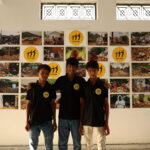Delhi/India, [11/10/2023]:
India is home to the world’s 2nd largest Muslim Population. Official estimates place the population at over 156 million or 13% of the population. Clearly, it is one of India’s more significant minority populations and an important force for the country’s economic growth.
However, this community represents 3% of the school-going population. Unfortunately, it has higher literacy and dropout rates than the national averages. A major reason for this is the fact that a significant number of Muslim children are outside of the Indian government’s school system. Instead, they attend Madarsas – Islamic religious schools, the majority of which do not offer formal education (e.g. Mathematics, Science, English) in their curriculum.
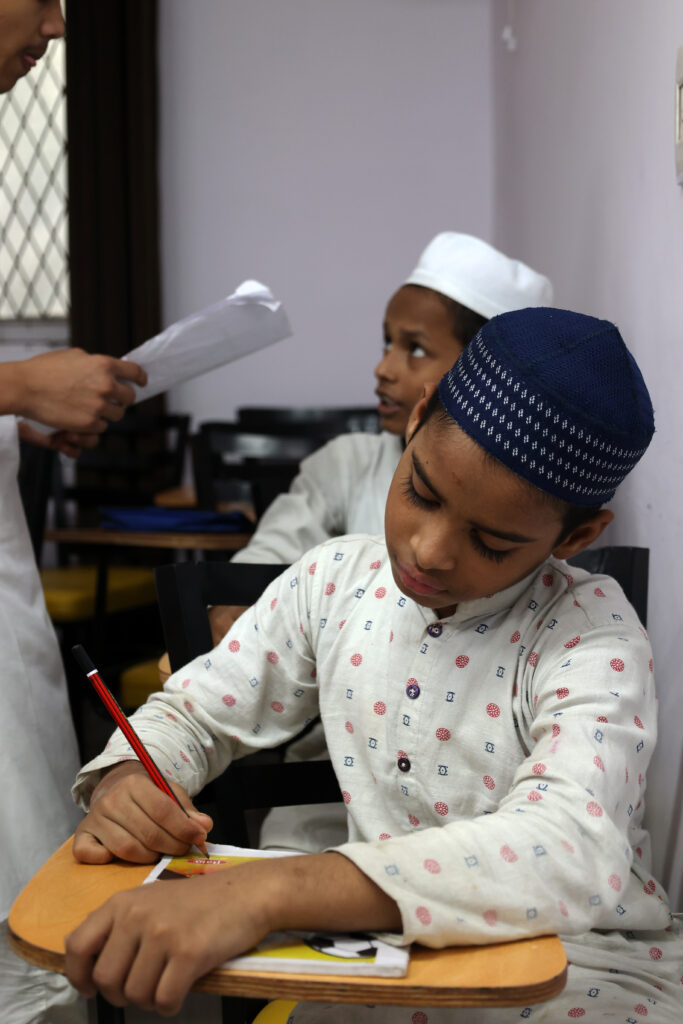
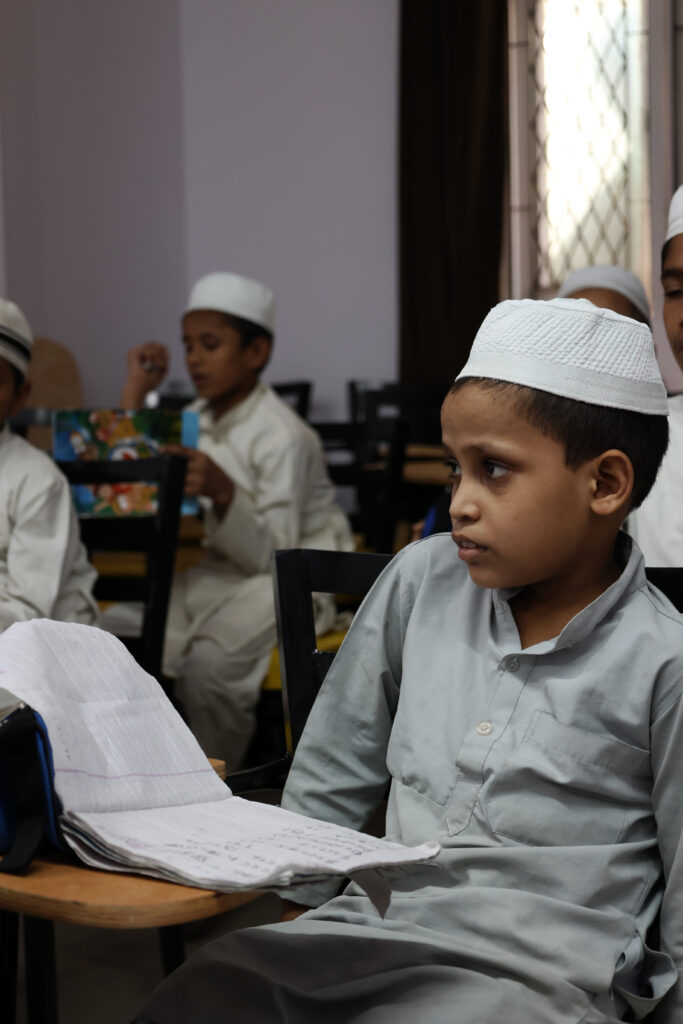
The madrasas in India are labeled as substandard , under-funded, under-resourced, and staffed with low quality teachers. It is important to note that some have no other alternative than to go for madrasa because they cannot afford mainstream education.
In India, madrasas have a long but tumbled foundation. The foundation of the madrasa education was laid by the Arab traders initially in the form of maktab in south India. During the Arab rule in Sindh (8-10 th century), madrasa education took a formal shape and became centers of Islamic Culture and civilization.
At the beginning of 13th century, after the establishment of the Delhi Sultanate, several madrasas were established in different parts of the country and it further expanded during the Mughal rule (1526- 1857).
Before 1857, madrasas increased in large numbers (Islam, 2010). However, the revolt of 1857 made the conditions of the Indian Muslims deplorable and gave rise to misinformation about their religious and social life. Besides, the Madrasa education system remained confined to theological value and knowledge and avoided looking to the outside world for professional knowledge and skill development.
Now, the condition of Muslims’ religious institutions is pitiable. After completing education from these madrassas, students do not find themselves fit for any jobs nor are they acceptable anywhere else because they are not trained for the requirements of modern times like computers, engineering, medical courses, information technology, accountancy, shorthand, typing, fine art etc.
The existing curriculum of madrasas does not equip the students to negotiate the structures of modernity and does not cover certain issues when they enter regular high school.
So, as the Muslim community has lagged behind educationally over the decades, it is necessary to advance, foster and to promote the education of this community at a quicker pace as a matter of priority.
It is felt that these days Muslims of India are passing through hard and trying times and are facing many problems and difficulties in their national life.
The important problem is that of the present system of madrassas education which is no less important from the point of view of their present and future national life.
Under the Program ‘Parwaaz’, implementing expansion of Hunar Academy to the Madarsa education Program in collaboration with the Madarsa Jamia Zia-ul-Huda, Madarsa Jamia Rahma-tul-lil-Aalameen, and Madarsa Maahadul Quran has been an enriching experience for the students and Miles2Smile foundation as well.
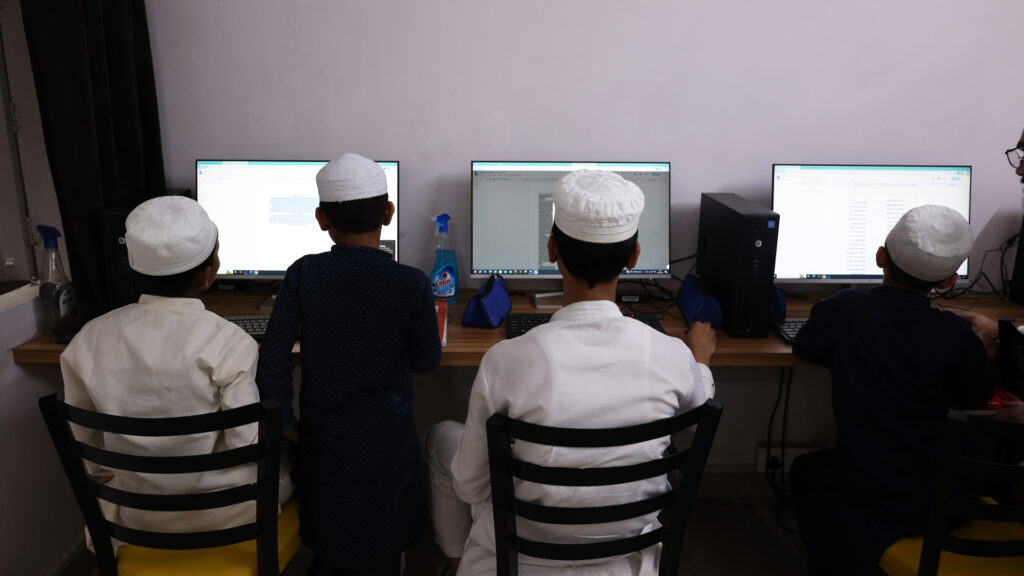
Miles2Smile acted as a proxy for hitherto unheard voices of Muslims, and helped adolescent students articulate their aspirations through computer and spoken English language training.
Over the course of eight-months, the experience of our tutor Shahzeb, at Hunar Academy with these young learners has been far more enriching than anything we can describe here.
His involvement and hard work gave hope to a number of Muslim parents who want their children attending Madarsas to have an equal chance to learn and compete by getting access to regular formal education.
‘Parwaaz’, a formal education program supported by Miles2Smile foundation, helped about 300 madarsa students learn basic computer skills and improve their spoken English. The children had fun and attended all the classes and workshops with great enthusiasm.
Provision of Lesson (30 minutes) Interactive Instruction on Spoken English Language
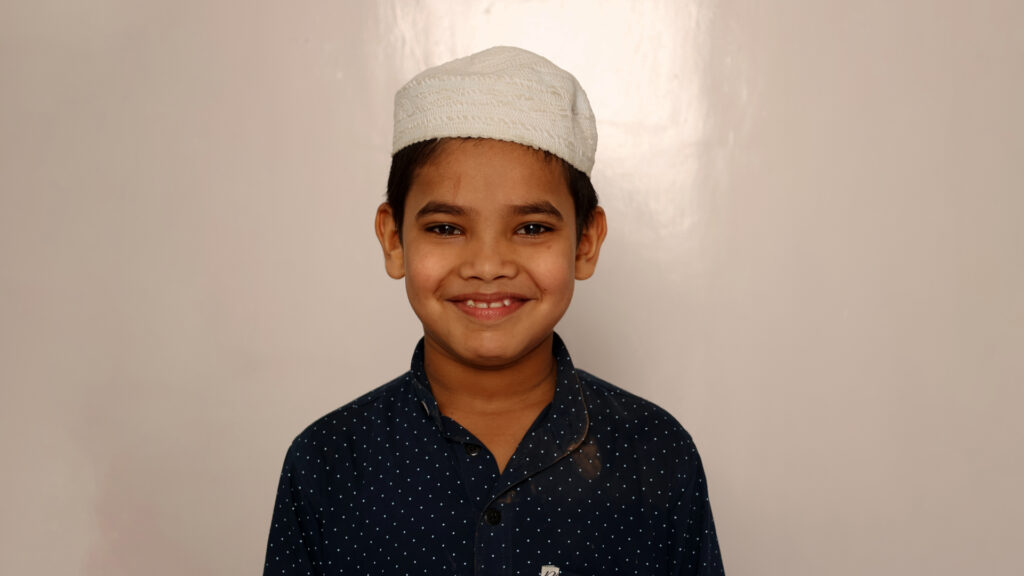
Encouraging creative workshop with the children brings out the creative best in them. Often they even come out with stories that are well aligned with their own environment.
Under Parwaaz, which has been a journey spanning eight-months and began in February this year, the Madarsa students had daily face-to-face sessions on English as a second language up to class 8th, covering basic grammar, sentence structures, and error-free reading practices.
Not only did they grow in their own estimation, but also they gained confidence that allowed most of them to participate in various quizzes, and storytelling competitions. They also developed a keen interest in reading books and magazines, which enriched their vocabulary and imagination.
Nearly One Hour of Professional Development Through Computer Training


The computer training module under ‘Parwaaz’ is designed to equip the Madarsa students with the essential skills and knowledge to use computers efficiently.
The module is designed for a period of ten months and includes daily practical sessions at the computer lab, where the students learn how to operate various computer software such as Microsoft Office, and Google Chrome. The module also assess on their progress and performance through projects, and presentations.
The students who successfully complete the computer training module under ‘Parwaaz’ will receive a certificate of completion that will recognize their achievements and skills. The certificate will also help them in pursuing further education or employment opportunities that require computer proficiency.
Some of the students who perform exceptionally well in the module will also get the chance to advance to the next level of digital learning, where they will learn more complex and challenging topics such as web design, photoshop, Tally, and programming.
The students who get promoted will receive additional guidance and support from the instructors and mentors at the academy. The module is designed to motivate the students to excel in their learning and explore their potential in the digital world.
Highlights of Program:
- Orientation workshops
- 400 Children provided Workbooks:
- Contribution to the universalization of elementary education goal of SSA (2001) by incorporating formal subjects in madarsa curriculum.
- Leadership Skills module for madrasa Nazims, and young Huffaz.
- Number of Madarsas benefited: 3
- Number of Children reached:
We express heartfelt thanks to Madarsa Jamia Zia-ul-Huda, Madarsa Jamia Rahma-tul-lil-Aalameen, and Madarsa Maahadul Quran for having faith in Miles2Smile foundation and come forward to adopt and implement formal education.
We still have a long way to go !



